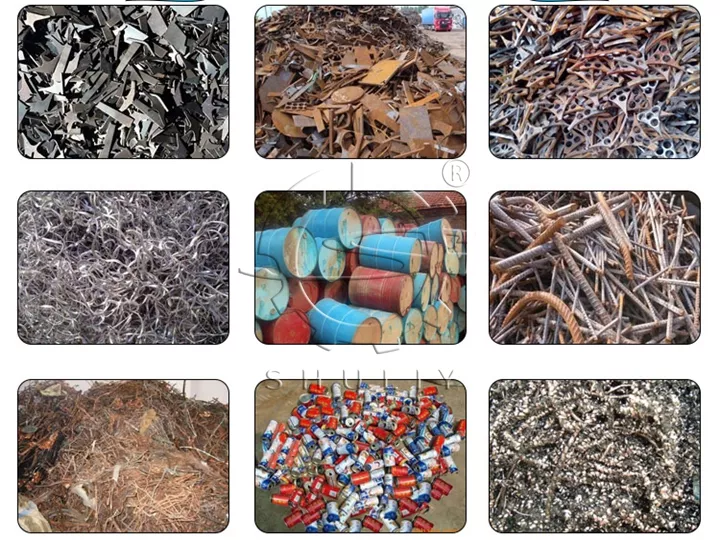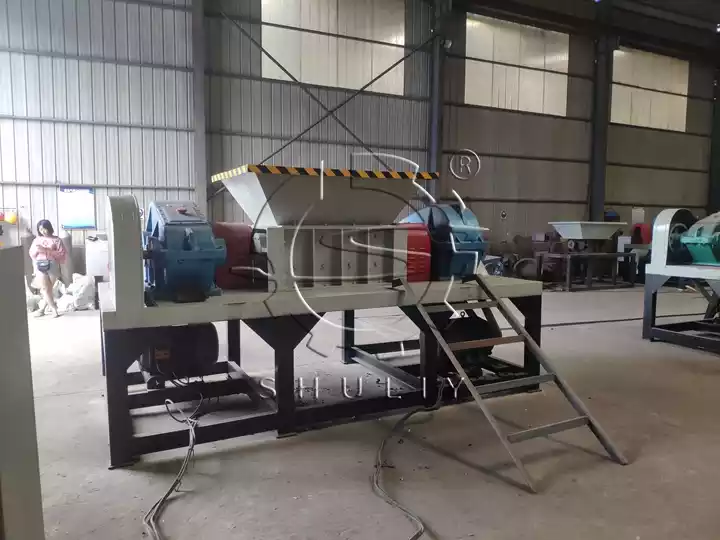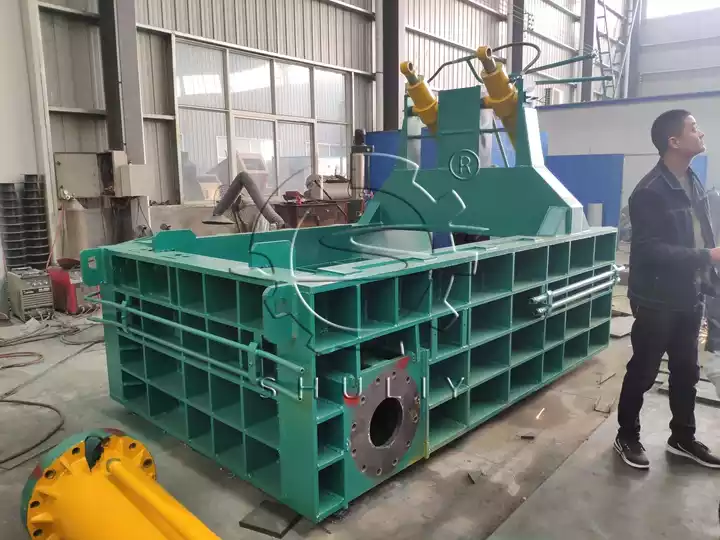Die Philippinen sind reich an natürlichen Ressourcen, doch die steigende Nachfrage nach Metallen hat die Notwendigkeit effektiver Recyclingpraktiken unterstrichen. Da die globalen Märkte der Nachhaltigkeit zunehmend Priorität einräumen, werden die Möglichkeiten für das Altmetallrecycling auf den Philippinen immer wichtiger.
Aktuelle Landschaft auf den Philippinen
Der Wert der Altmetallindustrie auf den Philippinen wird jedes Jahr auf rund 40 Milliarden PHP geschätzt. Der Recyclingsektor steht jedoch vor mehreren Herausforderungen, die sein Wachstum behindern.
Ein bedeutender Teil des Metallabfalls des Landes wird ins Ausland geschickt, anstatt vor Ort verarbeitet zu werden, was sowohl wirtschaftliche Chancen als auch die Umweltverträglichkeit beeinträchtigt.

Eine große Hürde für das Altmetallrecycling auf den Philippinen ist die mangelnde wirtschaftliche Machbarkeit. Die örtliche Recyclinginfrastruktur ist nicht gut ausgebaut und viele Recyclinganlagen haben Schwierigkeiten, profitabel zu arbeiten. Infolgedessen wird eine erhebliche Menge an Metallabfällen exportiert, was der lokalen Wirtschaft den Zugang zu wertvollen Ressourcen verwehrt.
Gesetzgebungsherausforderungen
Die Philippinen sind bei der Verabschiedung strenger Recyclinggesetze hinter Ländern wie der EU und Japan zurückgefallen. Obwohl es einige Initiativen wie das Abfallwirtschaftsgesetz gegeben hat, mangelt es immer noch erheblich an detaillierten Vorschriften zum Thema Metallrecycling. Das Fehlen wirksamerer Richtlinien zur Förderung lokaler Recyclinginitiativen hat die Branche in einen Zustand der Stagnation versetzt.
Unverzichtbare Ausrüstung für das Altmetallrecycling
- Metallschredder: diese Maschine ist im Recyclingprozess unerlässlich, da sie verschiedene Metallarten in kleinere, handlichere Stücke zerkleinern kann. Sie ist besonders wichtig für die Verarbeitung von Autokarosserien, Industriemüll und Haushaltsgeräten und somit ein zentrales Werkzeug für Recyclinganlagen. (Verwandter Beitrag: Industrielle Doppelwellen-Schrottzerkleinerungsmaschine>>)
- Hydraulische Metallballenpresse: Ein weiteres wichtiges Gerät, die hydraulische Ballenpresse, komprimiert Altmetalle in kompakte Formen wie Würfel oder Zylinder. Dieser Prozess spart nicht nur Platz, sondern verbessert auch die Effizienz beim Transport recycelter Materialien. (Mehr lesen: Horizontale Metallballenpresse zum Pressen und Recycling von Schrott>>)


Abschluss
Die Philippinen haben die Möglichkeit, eine erfolgreiche Industrie für das Recycling von Metallschrott aufzubauen, doch dies erfordert eine engagierte Zusammenarbeit zwischen Regierung und Privatsektor. Durch die Bewältigung wirtschaftlicher und gesetzlicher Hürden und die Investition in geeignete Ausrüstung können die Philippinen Metallschrott in eine wertvolle Ressource verwandeln und so zu einer nachhaltigeren Zukunft beitragen.
